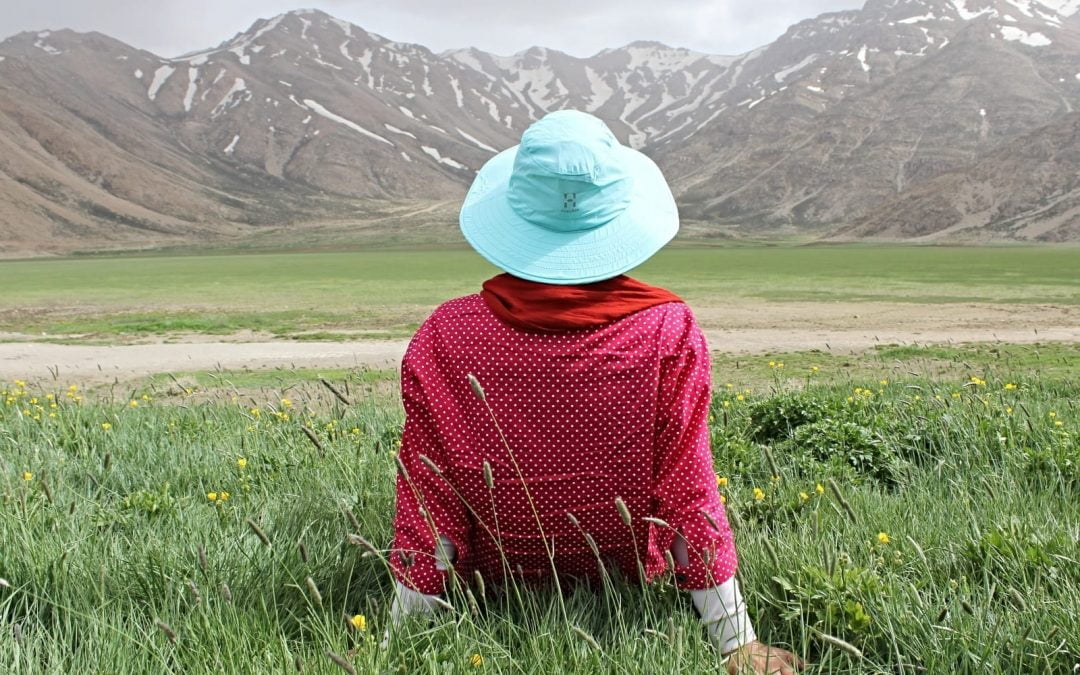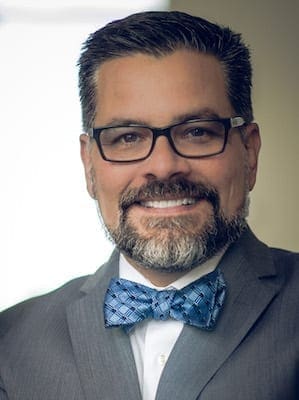After rolling up two divine shirt sleeves, working six solid full days and creating life as we know it, God decided to rest on day seven.
This brief and fleeting moment becomes one of the most significant practices throughout the biblical narrative.
When Moses met with Yahweh on top of Mount Sinai (Exodus 20), the Ten Commandments were provided as essential instructions to follow.
The first four commandments address the divine-human relationship, with the final six focusing on human relationships.
After the first four commandments, Yahweh offers a lengthy argument for the importance of Sabbath, “Remember the sabbath day and keep it holy. Six days you shall labor and do all your work. But the seventh day is a sabbath to the Lord your God; you shall not do any work – you, your son or your daughter, your male or female slave, your livestock, or the alien resident in your towns. For in six days, the Lord made heaven and earth, the sea and all that is in them but rested the seventh day; therefore, the Lord blessed the sabbath day and consecrated it.”
Based upon the significance of Sabbath, the concept of letting fields lay fallow every seven years demonstrated the importance of Sabbath for all creation (Exodus 23:10-13).
Not only was Sabbath important for the earth, but it was also important for the poor and animals (Exodus 23:11). In other words, Sabbath was a holistically beneficial practice.
In Leviticus, the same Sabbath idea can be explored (Leviticus 25:1-7). However, the Sabbath principle went even further and extended into economic considerations.
The Year of Jubilee has Sabbath roots, as every 50th year lands and properties were returned to families, and certain debts were forgiven (Leviticus 25:8-55).
The Jubilee Year was a pragmatic principle that tapped into divine grace, justice and love.
When Jesus began his ministry, he emphasized the spirit of the Sabbath. His most famous thoughts on the matter came after being criticized for plucking grain to eat on the Sabbath (Mark 2:23-28).
Jesus concluded, “The Sabbath was made for humankind, and not humankind for the Sabbath; so, the Son of Man is lord even of the Sabbath.”
In addition to his thoughts on the Sabbath, Jesus understood the importance of rest with a hectic schedule.
How often did Jesus slip away from the crowds to pray and rest? How often did he set time aside by the sea with his disciples to eat grilled fish, engage in thoughtful conversation and enjoy a laugh or two?
Indeed, Jesus understood and practiced Sabbath.
This brings me to the title of the column. Our world seems to be spinning out of control. From overburdened schedules to political chaos, most of us walk around our city streets as zombies controlled by the devices in our hands.
We wear the looks of exhaustion and exasperation upon our faces, staring into an unknown abyss hoping the end is not near.
Our circumstances control us, drowning us in worry, with an endless invasion of information.
We need to recapture and embrace Sabbath during the weeks of summer that remain.
Barbara Brown Taylor wrote, “Stop for one whole day every week, and you will remember what it means to be created in the image of God, who rested on the seventh day not from weariness but from complete freedom. The clear promise is that those who rest like God find themselves free like God, no longer slaves to the thousand compulsions that send others rushing toward their graves.”
While all that we do is important, we must remember that Sabbath not only refuels the spirit, but also advances the divine formula for humanity.
We must not be controlled by “the rulers, authorities, cosmic powers of this present darkness, or the spiritual forces of evil” (Ephesians 6:12). We must remember that we were created free to live within the realms of grace and hope.
There is much to be accomplished in this world for social justice, but unless we take time to replenish our minds, bodies and souls, we will be nothing more than a clanging cymbal.
The poor need you. The immigrants need you. The children need you. The sick need you. The oppressed need you. The marginalized need you.
We must seek restoration from the Lord, so we can continue to battle the darkness.
Remember the words of King David: “The Lord is my shepherd; I shall not want. God makes me lie down in green pastures; God leads me beside still waters; God restores my soul. God leads me in right paths for the sake of God’s name.”
Wherever you are this summer, take time to Sabbath.
Get away. Take a walk. Find some quiet sacredness.
It just might be the most crucial decision you make.


